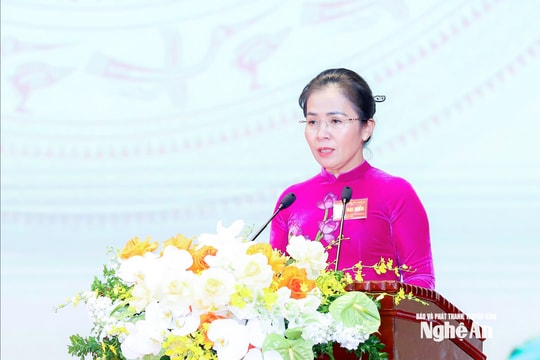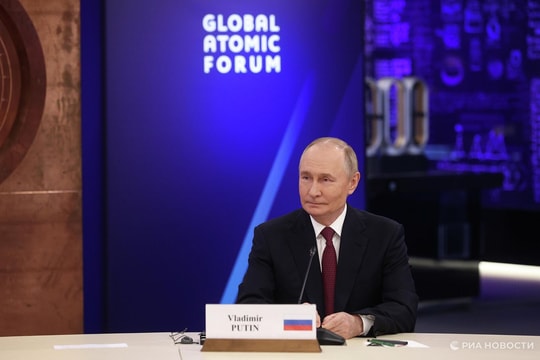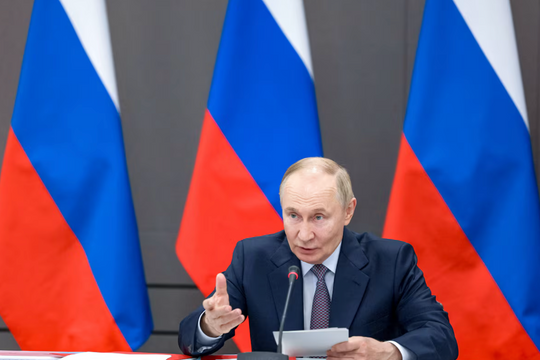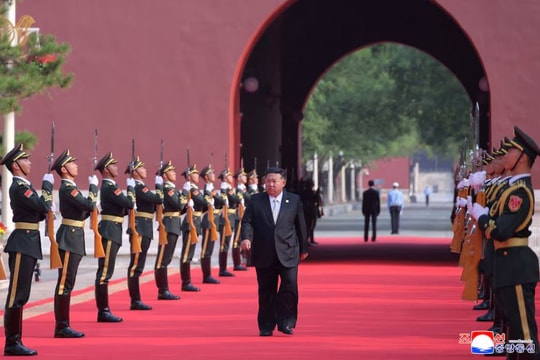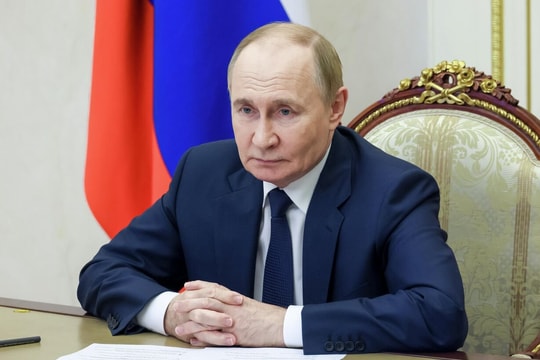Major obstacle in US-Iran relations
(Baonghean.vn) - After the US lifted nuclear sanctions against Iran, the relationship between the two countries has made new progress. However, many international experts still believe that diplomatic relations between the US and Iran will not be re-established because there are still too many obstacles.
On January 16, the US and European countries lifted sanctions on Iran after the International Atomic Energy Agency (IAEA) confirmed that Tehran had complied with its commitments under the nuclear deal reached with the P5+1 group (including the five permanent members of the United Nations Security Council: the US, Russia, the UK, France and China, along with Germany) in Vienna, Austria, in July 2015.
The deal between Iran and six world powers is seen as a major victory after more than a decade of negotiations. The deal, which comes into effect, means Iran will be able to sell oil, export goods to the world and regain access to $100 billion frozen in foreign bank accounts.
In a speech to Parliament, a day after the embargo was lifted, Iranian President Hassan Rouhani stressed:
“The constraints of sanctions have been lifted and this is the time for us to accelerate development… We must seize the opportunity to create an economic leap.”
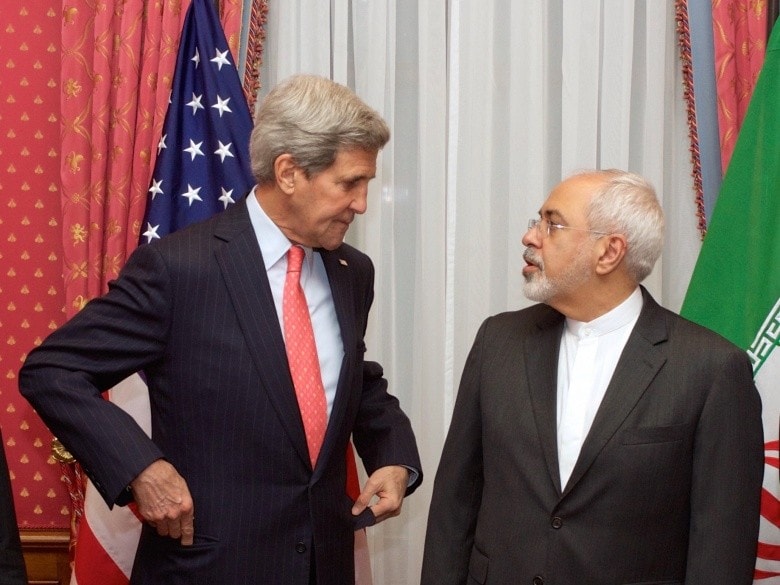 |
| US Secretary of State John Kerry and his Iranian counterpart Mohammad Javad Zarif. Photo: Diplomat |
Relations between the United States and Iran had just brightened after sanctions were lifted. However, less than 24 hours later, the Obama administration immediately imposed additional sanctions related to Iran's ballistic missile program. On January 19, Iran's Supreme Leader, Ayatollah Ali Khamenei, took a tough stance, warning that Iran would take measures against a "deceitful" America.
The lifting of sanctions and the end of Tehran's international isolation is expected to boost the power of President Rouhani and his allies. He was elected in 2013 on promises to improve Iran's economy, which had been crippled by sanctions. However, President Rouhani and his allies face an uphill battle in parliamentary elections scheduled for next month.
About two-thirds of the 12,000 candidates registered for Iran's parliament have withdrawn or been disqualified by the Constitutional Guardian Council. Of the 3,000 candidates, only 33 have been approved by the council, which is controlled by Khamenei, the head of Iran's political power pyramid. Ayatollah Ali Khamenei's criticism has raised concerns about hampering efforts to defuse tensions between the United States and the Islamic Republic.
Saudi Arabia and its allies are also major obstacles to improving relations between Iran and the West. After the nuclear deal was signed in July 2015, Sunni leaders in Saudi Arabia expressed anger, saying it would give Shiites an advantage in regional rivalry. Saudi leaders worry that Iran will use tens of billions of dollars to expand its influence in Iraq, Syria, Lebanon and elsewhere.
President Obama reassured Saudi Arabia immediately after the nuclear deal was signed, making a phone call with King Salman to affirm his commitment to coordinate with Gulf partners to deal with Iran's destabilizing actions in the region.
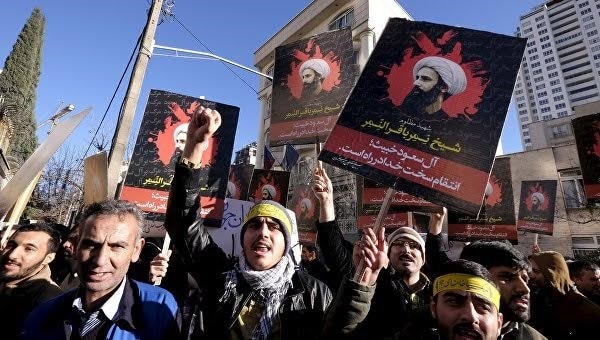 |
| Anti-Saudi Arabia protests in Iran. Source: internet |
However, rising tensions between Iran and Saudi Arabia still put the US in a difficult position. The diplomatic conflict between Saudi Arabia and Iran broke out after Saudi Arabia executed Shiite Muslim cleric Nimr al-Nimr, who was accused of playing a key role in the wave of protests that broke out in eastern Saudi Arabia in 2011. Riots near Saudi Arabia's diplomatic missions in Iran led el-Riyadh to decide to end diplomatic relations with Iran. Recently, a Saudi Foreign Ministry official accused Iran of causing "instability and chaos in the region."
Led by two traditionally rival sects of Islam, Sunni and Shiite, Saudi Arabia and Iran support different sides in the civil wars in Syria and Yemen. Iran has shown a willingness to cooperate in negotiations, especially in peace talks aimed at ending the long-running civil war in Syria. However, the talks, scheduled to begin on January 25, are likely to be delayed due to the conflict between Iran and Saudi Arabia and the detente between the US and Iran, which still seems to have many obstacles.
Phuong Thao
(According to Reuters)
| RELATED NEWS |
|---|


.jpg)
